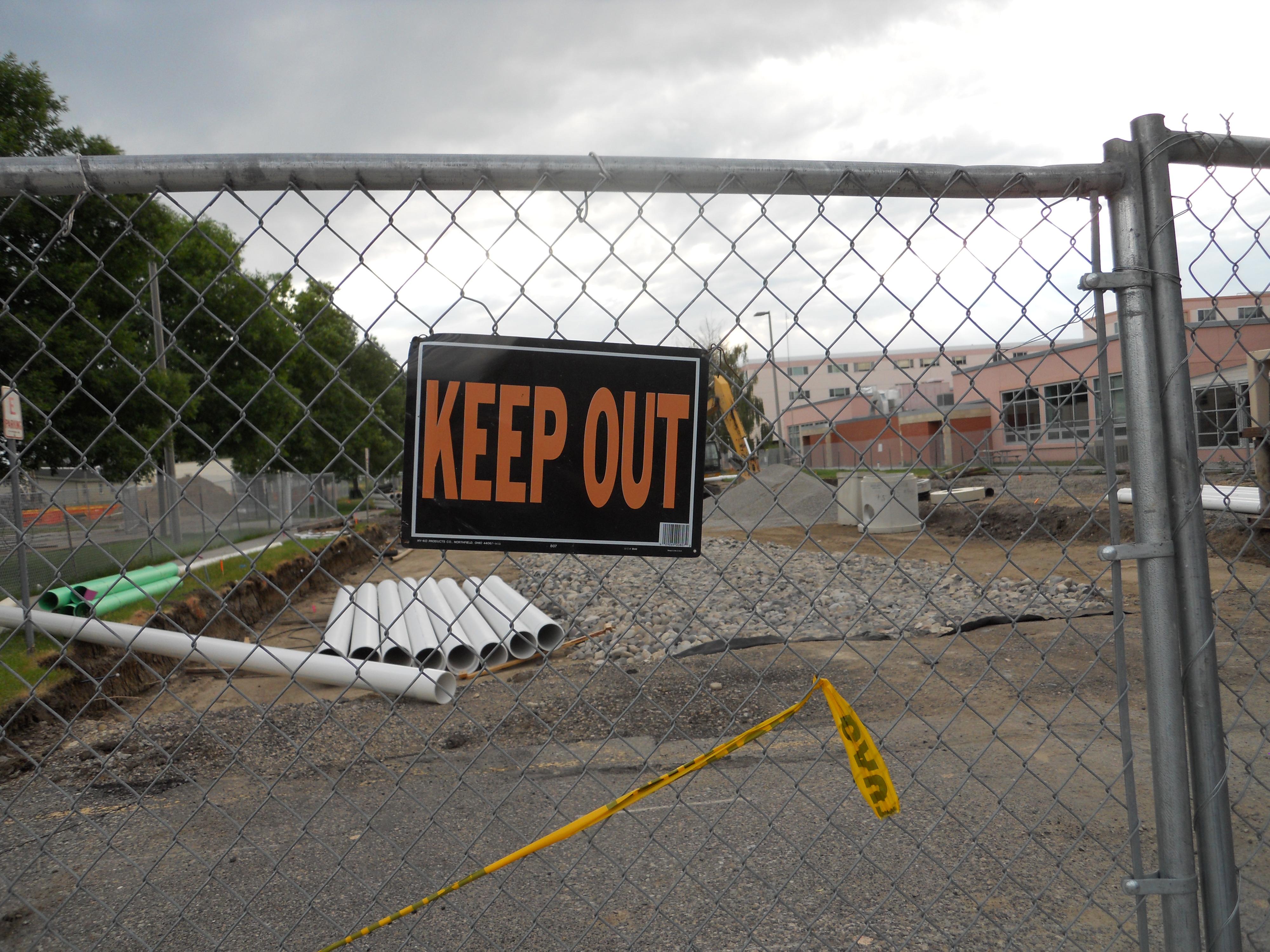
17 Sep How to stop raiding your emergency fund
Photo: jppi/morguefile.comQ. I’ve had $200 a week taken out of my paycheck for the longest time to build an emergency fund, but I always dip in. How can I set money aside in a place that’s hard to touch unless it’s a real emergency?
— The big dipper
A. Yours is a common problem. It’s a balance between discipline for the future and serving your financial needs today.
There are several strategies you can try.
If you find yourself dipping in for non-emergency items, give yourself 24 hours before you dip, said Howard Hook, a certified financial planner and certified public accountant with EKS Associates in Princeton.
“Then ask yourself if you still really need to dip into the account,” Hook said. “If you still feel you need the funds, then go ahead and take out the money.”
Another option is to change your savings strategy.
Hook says you could open a second account and move $100 to each instead of $200 to one account. Then if you need the money, only withdraw the funds from one account.
“It may take longer to build the emergency fund, but you at least will leave one of the accounts alone to grow,” he said. “If you don’t need funds from either account, you can always periodically transfer funds from the account you were willing to access into the second account which you have left untouched.”
You could also de-link your emergency savings account from your checking account. This makes it more difficult to move funds if you feel tempted to withdraw money, Hook said. The downside is that in an emergency, you may not be able to access funds as quickly.
Your problem is a common human behavioral issue, said Dean Shah, a certified financial planner with Stonegate Wealth Management in Oakland.
He said for an emergency fund, you’ll want to choose investments that are safe from market risk, interest-bearing and easy to access — though of course the “easy to access” part has contributed to your challenge. He said prime money market funds or savings accounts are great options.
Then there are more drastic alternatives.
“If you find it difficult to maintain reserves due to a lack of self-control, you can consider saving in a retirement account, which will penalize you for making a withdrawal,” Shah said.
He said this choice is not a recommendation for everyone — retirement accounts are not meant to serve as emergency funds — and he’s only considering this option for your specific situation.
He said if you have a 401(k) at work, find out if it allows loans to be taken.
“This way, you will receive your employer match and be effectively saving for retirement if there is no emergency,” Shah said. “If loans are permitted, you can withdraw that cash in a hardship situation.”
Be careful with this option, he said.
Alternatively, you can save in an IRA.
“If you are under age 59½, you will incur a 10 percent penalty for making a withdrawal,” he said. “There are certain allowances that will negate the 10 percent penalty. The most popular pertain to medical expenses, higher education expenses, and a first time home purchase.”
Let us know what method ends up working for you.
Email your questions to Ask@NJMoneyHelp.com.
This story was first posted in September 2015.
NJMoneyHelp.com presents certain general financial planning principles and advice, but should never be viewed as a substitute for obtaining advice from a personal professional advisor who understands your unique individual circumstances.
